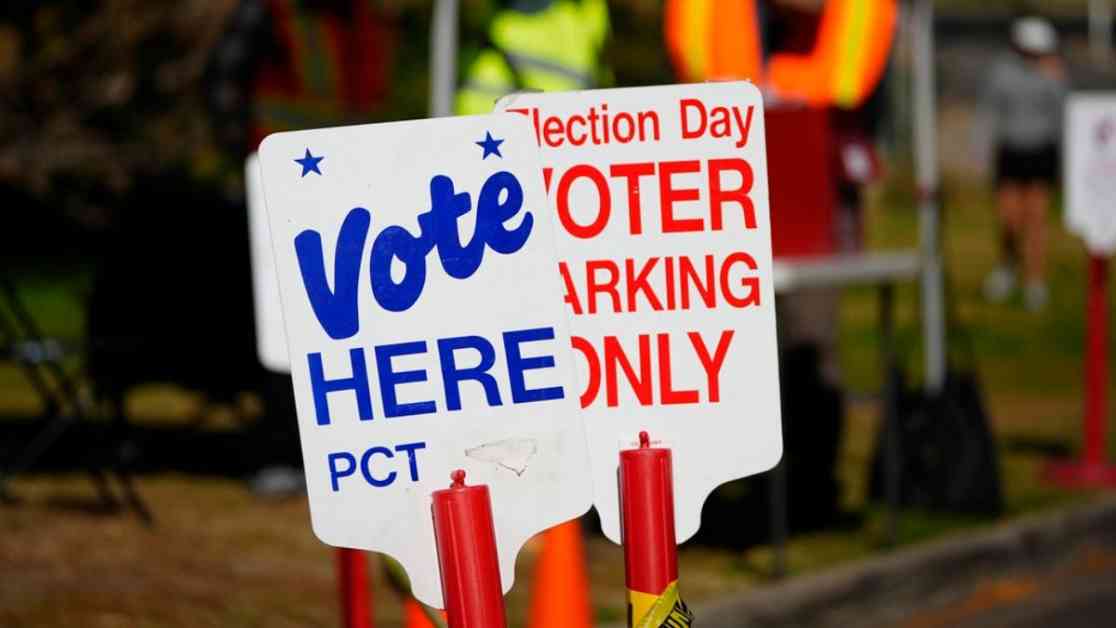Foreign Threats to U.S. Elections: Uncovered Risks and Strategies to Safeguard Voting
Recent developments have revealed the increased efforts of Russia, China, and Iran to meddle in American politics ahead of the upcoming election. These adversarial nations have been actively engaging in campaigns aimed at spreading misinformation, cyber espionage, and inciting discord. While the U.S. election system is considered secure enough to prevent foreign nations from altering the outcome significantly, the threats posed by authoritarian adversaries are significant.
Russia, in particular, has been identified as the most sophisticated nation working to manipulate the U.S. election. Using fake websites, state-controlled media, and unwitting Americans, Russia has been spreading misleading and polarizing content to undermine confidence in the electoral process. The Kremlin’s disinformation campaigns focus on divisive issues such as immigration, crime, and disaster relief, with the goal of weakening the U.S. and eroding support for Ukraine.
On the other hand, Iran has engaged in hack-and-leak operations, targeting individuals associated with the Trump campaign and offering stolen communications to media organizations and Democrats in an attempt to influence the election. The Iranian government has also been accused of supporting protests in the U.S. over Israel’s actions in Gaza and covertly funding demonstrations.
China, while taking a more neutral stance in the election, has focused on down-ballot races and candidates from both parties based on their positions on issues important to Beijing. The Chinese government has a sophisticated hacking operation that targets various aspects of Western life, including political figures’ cellphones.
These interference tactics are not new and have been observed in previous election cycles. The U.S. government has been more proactive in calling out foreign threats this year to reduce their impact and assure Americans of the election’s security. In the past, foreign adversaries have successfully meddled in U.S. elections, as seen in the Russian interference in the 2016 election through hacking and social media trolling campaigns.
It is crucial for officials, tech companies, and private researchers to remain vigilant and adopt aggressive defense strategies to safeguard the integrity of the electoral process. By exposing and countering foreign election threats quickly, the U.S. can mitigate the risks posed by disinformation, cyber espionage, and external influence. As the presidential election approaches, it is essential for voters to be aware of these foreign threats and ensure that their voices are heard without interference from hostile nations.














